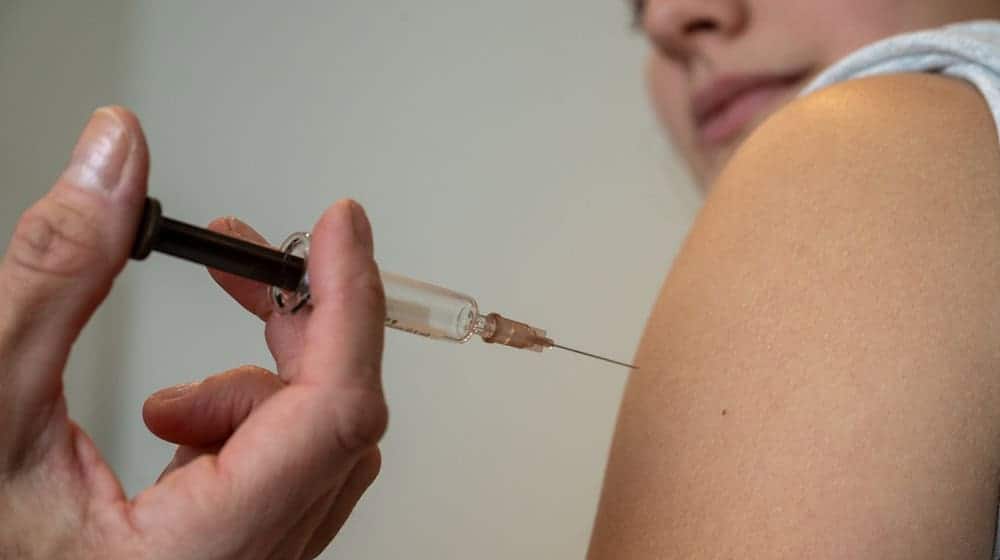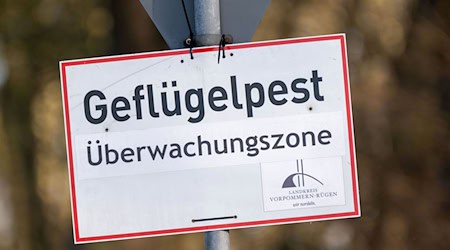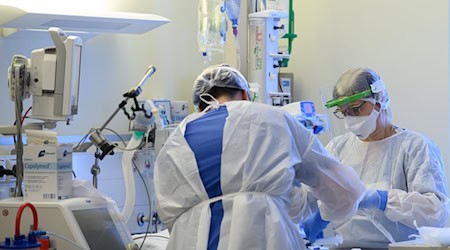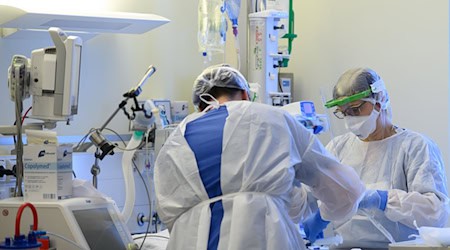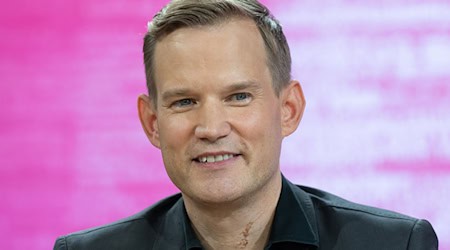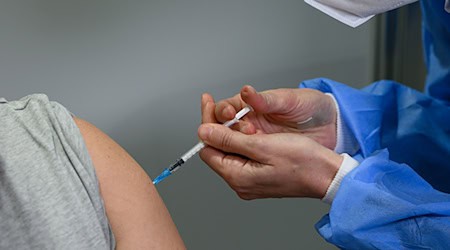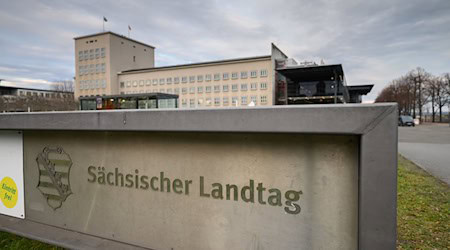According to infectiologist Thomas Grünewald, the coronavirus pandemic is still having a negative impact on people's willingness to be vaccinated. "Vaccination fatigue and vaccination skepticism are a huge problem," said Grünewald, head of the Saxon Vaccination Commission, which was recently renamed the "Siko Advisory Board".
There are gaps in booster vaccinations for adults, and seasonal vaccinations such as those against influenza, coronavirus or RSV are not being used as much as hoped. Even standard vaccinations against diphtheria and polio are being omitted.
Pandemics diminish trust in science
"Unfortunately, it is the nature of pandemics that faith or trust in science declines. This is not the first pandemic where this has happened. But now we are experiencing it live," said Grünewald. Corona has increased vaccination skepticism worldwide. Saxony is certainly a hotspot in this regard.
The trend of more people deciding against vaccination has been going on for ten to fifteen years, said Grünewald. During the pandemic, however, the recommendations to vaccinate were increasingly seen as harassment of the responsible citizen. Those who decided against vaccinations saw themselves as resisting a patronizing state, said the infectiologist.
Critically rethink corona measures
With regard to the ongoing review of the corona pandemic in Saxony, Grünewald said: "We need to critically rethink our measures - what was good, what was less good."
From his point of view, communication was not optimal on the one hand. On the other hand, it was difficult to divide people into vaccinated and unvaccinated - especially as the pandemic progressed. With the early virus variants wild type, alpha and delta, it was still justified because the vaccination also helped to prevent the transmission of the virus. However, since the Omikron variant at the latest, this has no longer played a significant role in epidemiology.
"Measures depend on the timing of a pandemic and the biology of the pathogen," said the physician. The pathogen changes very quickly. "And that is the big problem, that you have to make this clear to people."
"Siko Advisory Board" focuses on education
The "Siko Advisory Board" wants to increase communication and education about vaccinations in the future. The doctors also have their own guild in mind: "We also have many colleagues who don't want to be vaccinated." They are "not very few" and the problem is "more acute" in Saxony than in other federal states. Grünewald is focusing on informing the medical profession and also the population.
Copyright 2025, dpa (www.dpa.de). All rights reserved

